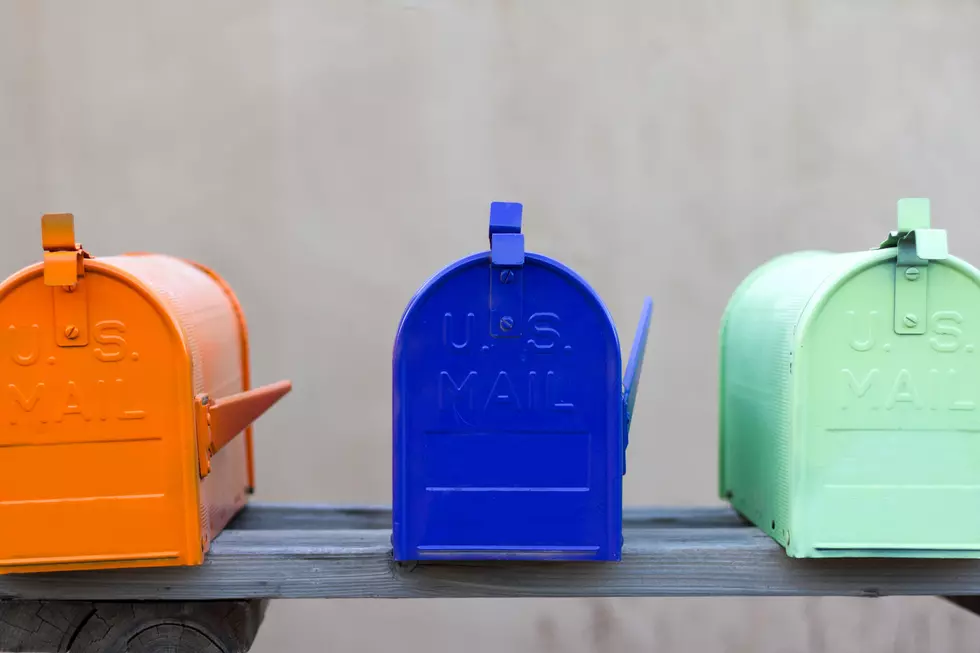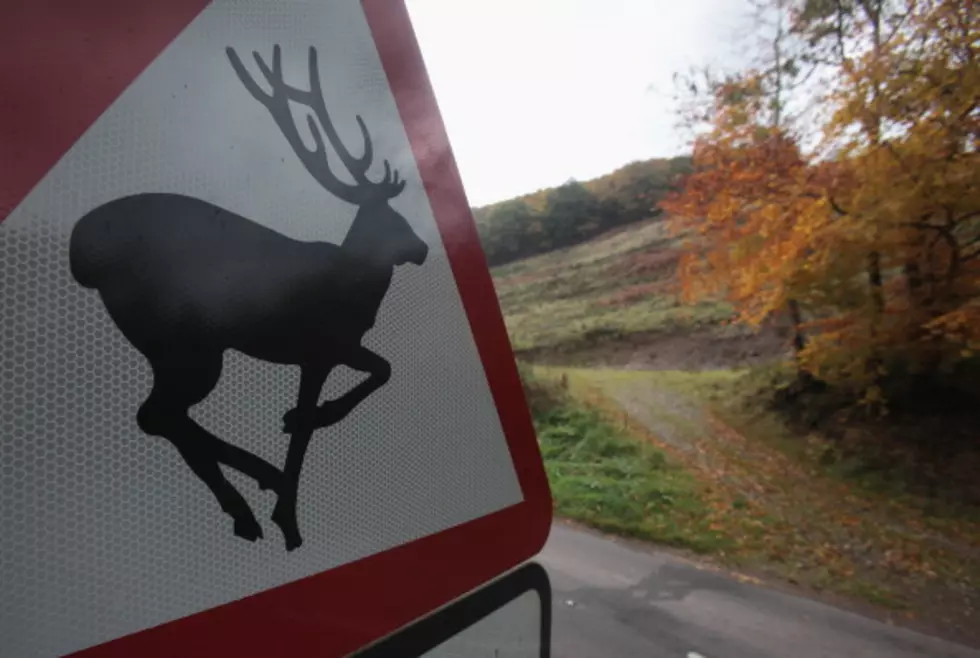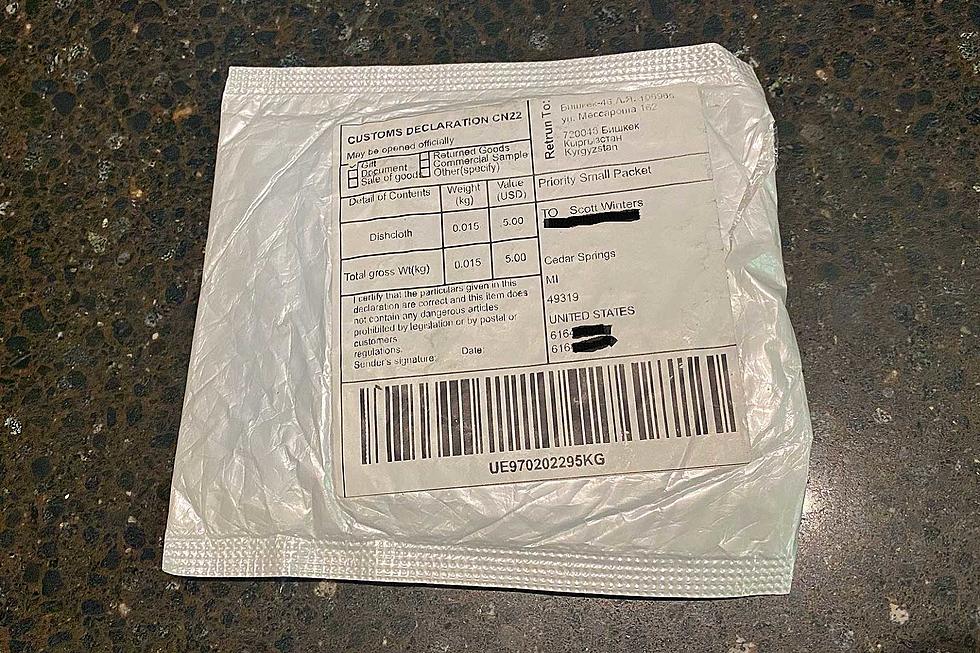
The USDA Warns Of Seeds Being Sent From China
There are growing reports of citizens across the U.S. receiving unsolicited packages from China containing mystery seeds. Here's how to report occurrences and what you are absolutely NOT to do.
In the last week, there has been a growing number of reports of people receiving unsolicited mail and packages from China that contain seeds. The outside of the package is written in Chinese, sometimes stating the contents of the package are jewelry. While the reason why the seeds are being sent to unsuspecting U.S. residents is unknown, The U.S. Department of Agriculture says do not plant the seeds. It is possible the seeds could be that of an invasive plant species that could wreak havoc with native plant species as well as crop food supplies. If you receive unsolicited seeds you are asked to report the incident directly to the U.S.D.A. by phoning their Anti-Smuggling Hotline number at 800-877-3835 or by sending an email to SITC.Mail@aphis.usda.gov. Do not open the bag of seeds, wash hands immediately then contact the U.S.D.A. through one of two options listed above.
If you receive unsolicited seeds from another country, do not plant them. If they are in sealed packaging, do not open the package. We don’t know what type of seeds are in the packages, but we do know they come in a variety of sizes and colors, with some reported to be very tiny. These unsolicited seeds could be invasive, introduce diseases to local plants, or be harmful to livestock. ~Mike Philip, director of Michigan Department of Agriculture and Rural Department’s Pesticide and Plant Pest Management Division.
The packages may be a part of a “brushing” scam. A brushing scam is an exploit by a vendor used to bolster product ratings and increase visibility online by shipping an inexpensive product to an unwitting receiver and then submitting positive reviews on the receiver’s behalf under the guise of a verified owner.
States where there have been reported cases include Kentucky, Utah, and Virginia but there have been unconfirmed instances in numerous other states.
While it remains unknown if seeds in question are indeed a sinister invasive species, it is wise to err on the side of caution. A 2016 study published in the Proceedings of the National Academy of Sciences found that invasive species represented a multibillion-dollar threat for the agriculture industry around the world.

LOOK: See Photos of the Year From the International Photography Awards
More From 1240 WJIM AM









